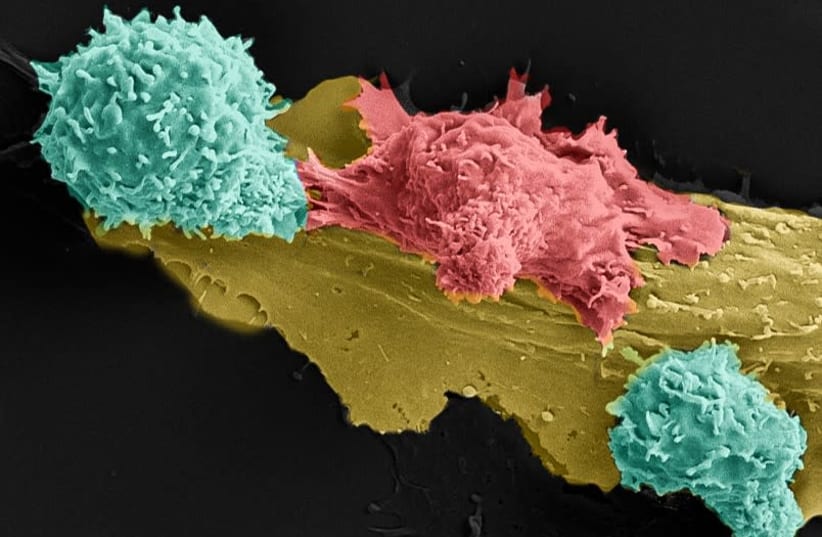A group of Technion researchers and colleagues from abroad have found the mechanism that allows the immune system to decide whether to respond to a particular antigen.
The groundbreaking study could be the key to preventing excessive immune responses, a dynamic that is at the basis of numerous severe diseases including some auto-immune diseases.
An “overreaction” of the immune system, the so-called “cytokine storm,” has also been one of the causes of severe disease or death in many corona patients.
“Often, when people think about the immune system, they think about antibodies, which are produced by B cells,” said Technion Prof. Debbie Yablonski, one of the authors of the study recently published in The Journal of Immunology. “However, we are focusing on a branch of the immune system that is composed by T cells.”
Yablonski explained that the function of T cells is to check whether there are changes in the body’s cells that can be caused by a pathogen, such as a virus, but also by other mechanisms like cancer.
“When the T cells detect change, they initiate an immune response,” Yablonski said.
Scientists have known for a while that in order to activate T cells, they must receive two different signals.
“What we have uncovered for the first time is how these two signals are integrated, which means how the cell determines that both of them are present prior to responding,” said Yablonski.
One signal is specific for every type of T cell and connected to the foreign agent they recognize.
“This is the reason why for example, when the flu virus changes a little bit, we can get sick again or we need a new vaccine,” she said.
The second signal, which according to Yablonski works as a safety mechanism to prevent T cells from activating for the wrong reasons, is not specific to one particular antigen.
“It is a mechanism that can alert the body that danger is actually present in the body,” she noted. “If I see some smoke from afar, I won’t necessarily call the firefighters, because it could simply be caused by someone having a barbecue. However, if I know that there is a fire, I will call them. The second signal is there to tell the T cell whether it should react to the first signal.”
The researchers aim further study of this inhibitory mechanism and potentially to enhance it so that it can help prevent excessive immune responses that occur in many dangerous diseases.
“It could be that in the future we are going to be able to tone them down,” Yablonski said.
As for the potential implications of the discovery in fighting COVID-19, the professor said that it is premature to assess them, but it is a venue that can be pursued.
